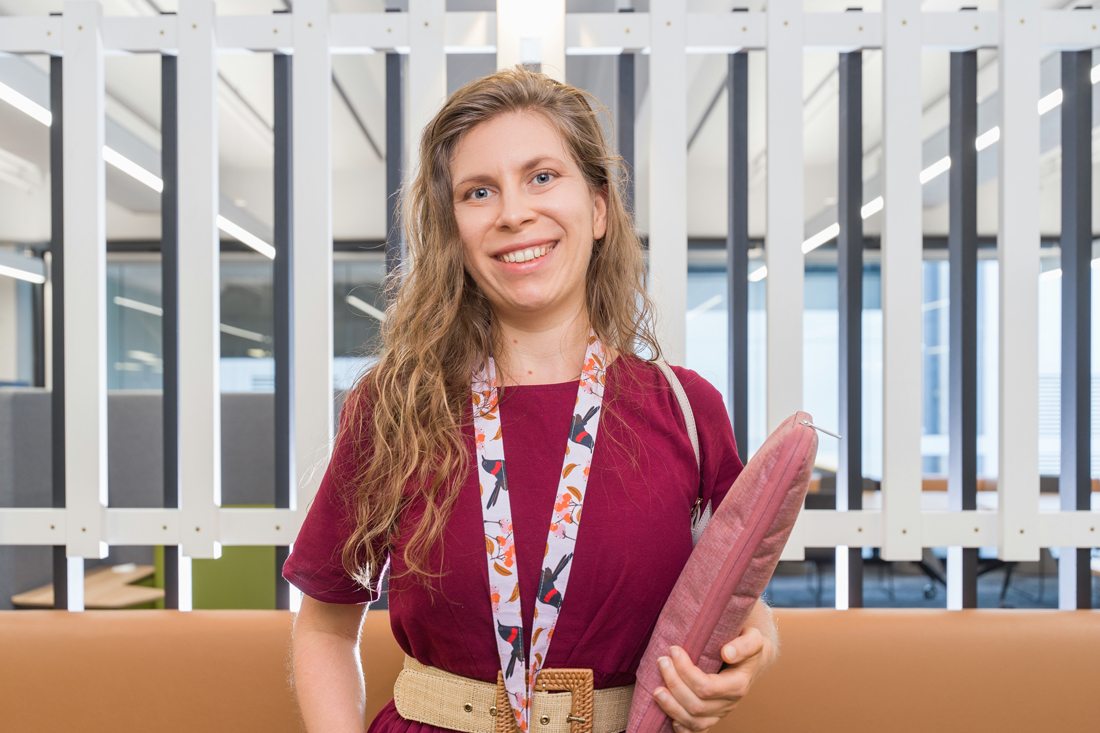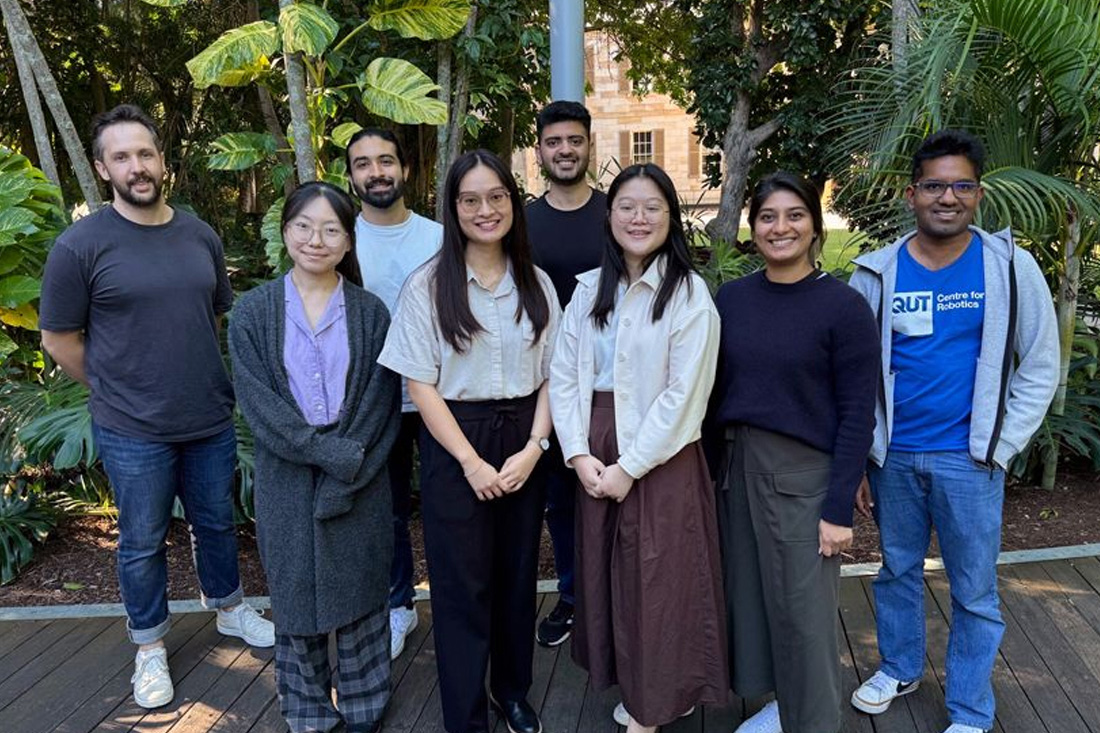Secure a job before graduating
'Since QUT has a lot of practical assignments and study projects, I had hands-on experience solving complex problems through those projects. Joining and contributing to student clubs at QUT helped me boost my interpersonal skills and enhance my network with industry experts. I got full-time job offers through those networks before I had even graduated!'
Software Engineer – Machine Learning
Flexible postgraduate study options
'I chose to study at QUT because of the units and electives, and the ability to customise the course to accommodate the skills I already have and the interests I want to pursue. I currently work in the data science and innovations team at BiTQ whilst researching machine learning and ethical decision-making in ICUs as part of my PhD. My advice for future students is to join student clubs, ask questions, and reach out if you need help. There is lots of support for students.'
Data Scientist and PhD candidate
Work with industry partners
'I enjoyed gaining practical knowledge and skills that are directly applicable in real-world scenarios. Specifically, in the Industry Project unit, I undertook a project commissioned by an actual industry partner, which greatly enhanced my capabilities.'
Master of Information Technology student
Flexible unit options
'My favourite part of the Master of Information Technology at QUT is being able to pick and choose a range of units that I’m most interested in. QUT provides students with the flexibility to choose a range of units, but still allows students to develop advanced professional skills once they have chosen their field.'
Master of Information Technology student
Work-integrated learning
Studying human-centred technology design at QUT is all about working with your peers on real-world industry projects, known as work-integrated learning (WIL). In 2024, QUT students joined forces with Dr Priyanka Naidu and William Smith-Stubbs from Mettlesome to delve into digital technologies to enhance mental well-being through mood tracking.







